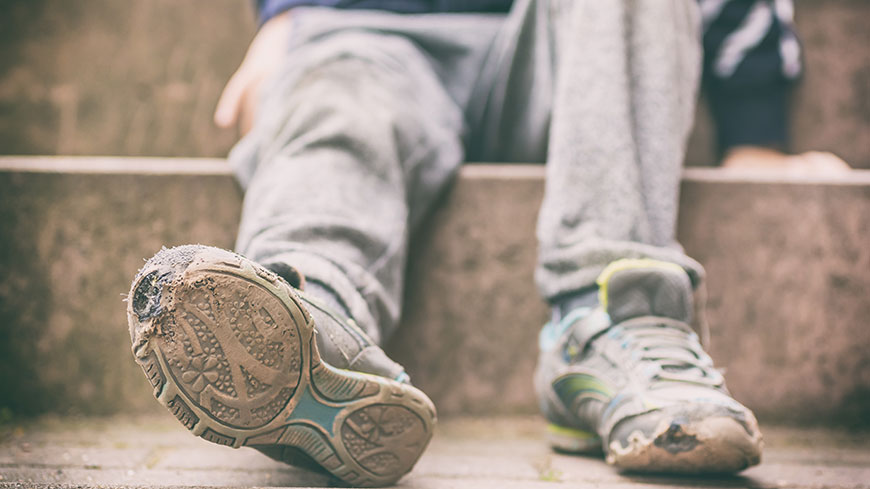The Committee of Ministers expressed concern about the very high rates of child poverty in Europe and the growing inequalities that particularly affect them.
Children have been more severely affected by the austerity measures put in place in the wake of the 2008 economic crisis. They incur a higher risk of poverty and social exclusion than the adult population and the elderly. Almost 385 million children, or 19.5% of the world’s children, live in extreme poverty, compared to 9.2% of adults, according to UNICEF.
In a declaration adopted today, the Committee of Ministers calls on member states to:
- implement the Council of Europe Strategy for the Rights of the Child (2016-2021);
- review the objectives and funding of services such as child protection, education, social services and social protection programmes;
- improve child protection services, taking into account particularly vulnerable situations (e.g. children without parental care, single-parent families, children with disabilities, Roma children, and refugee and migrant children);
- to take into account the needs of children and encourage their participation in the development of child protection policies.
In this respect, the revised European Social Charter sets out a set of minimum standards that protect children’s rights, including the rights to protection of health, education, childcare, social and medical assistance and social protection.
Moreover, Article 30 of the Charter guarantees the right to protection against poverty and social exclusion and requires member States to adopt an overall and coordinated approach to combat poverty.
The Council of Europe recently published a report on “Protecting the Child from Poverty: The Role of Rights in the Council of Europe”.





 Azerbaijan
Azerbaijan Bosnia and Herzegovina
Bosnia and Herzegovina
 Republic of Moldova
Republic of Moldova Montenegro
Montenegro Serbia
Serbia
 T
T Ukraine
Ukraine
